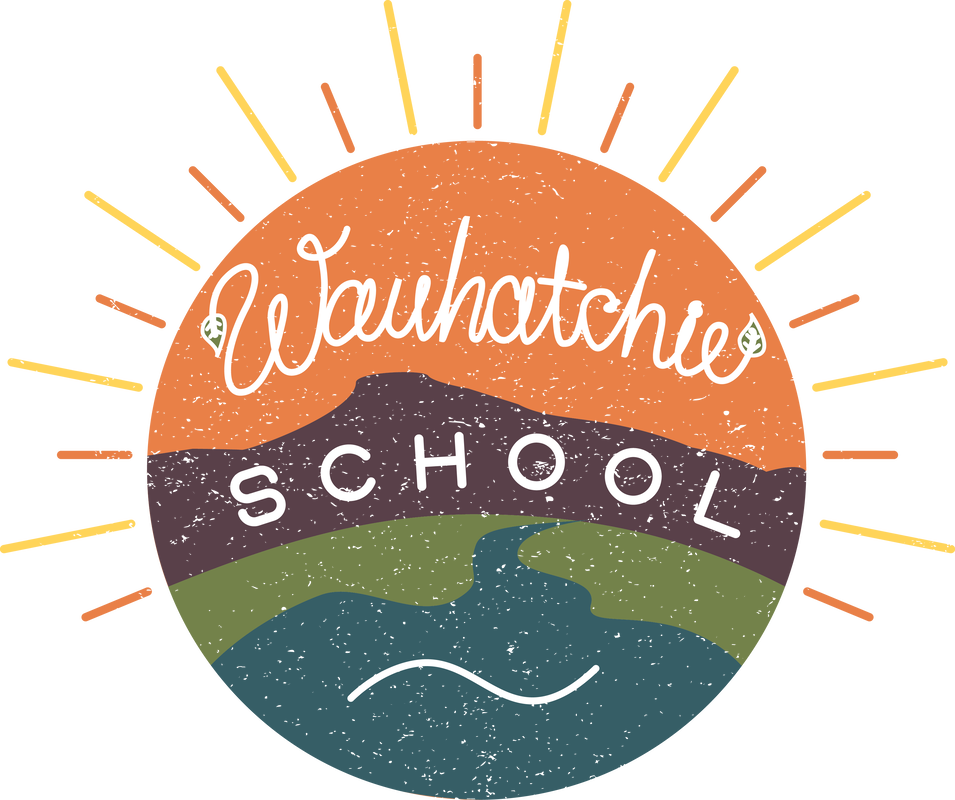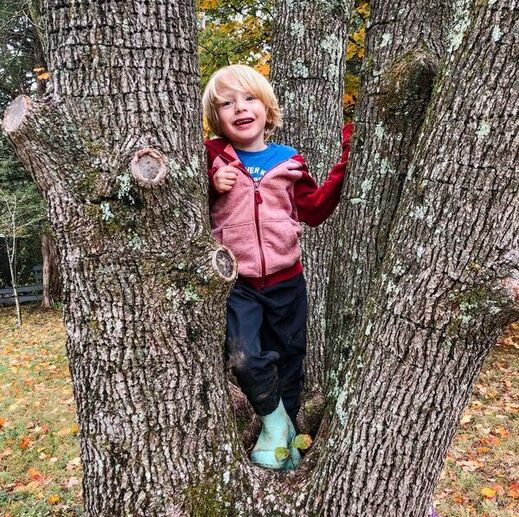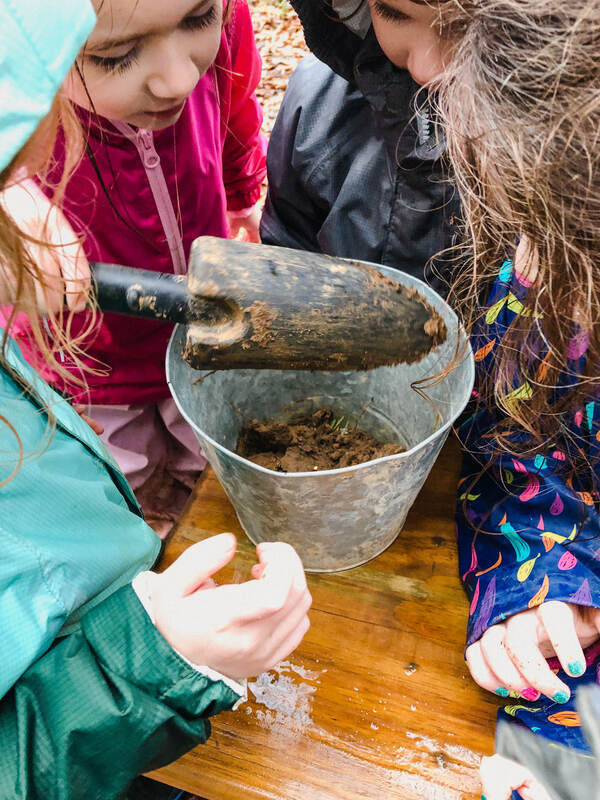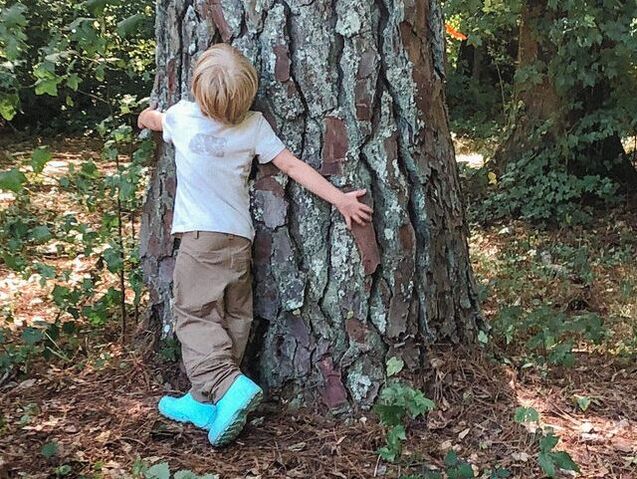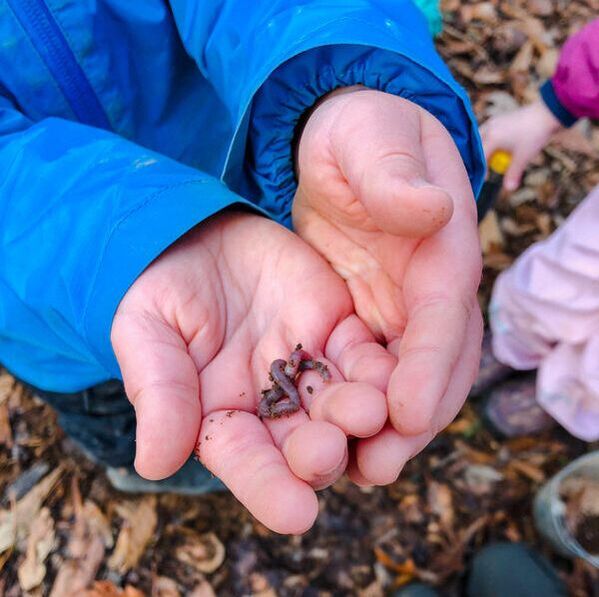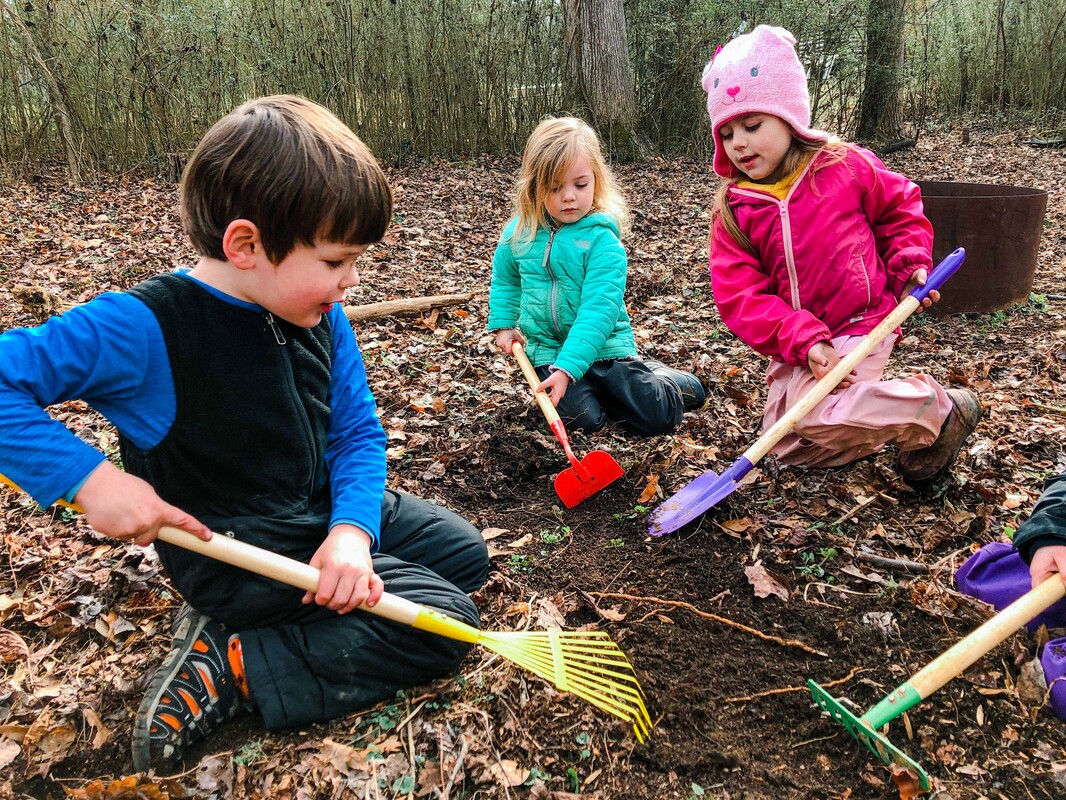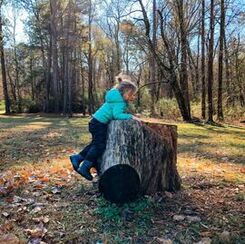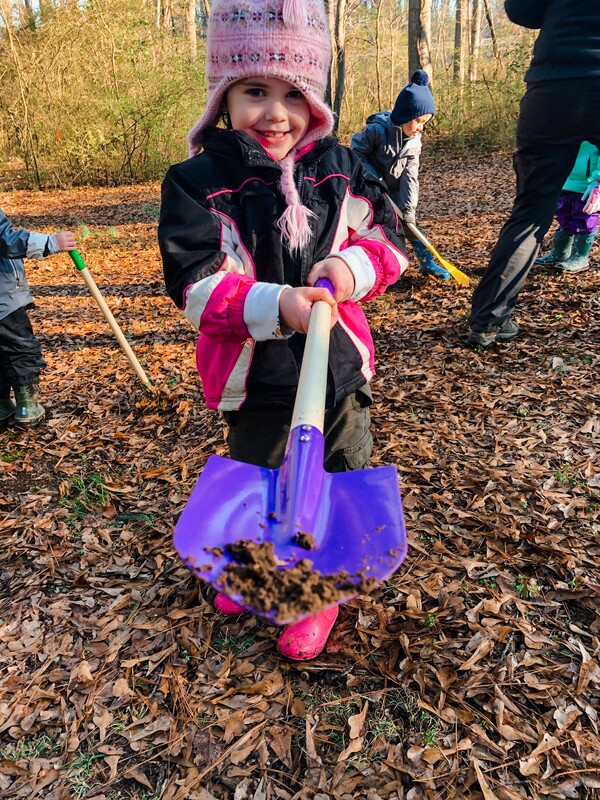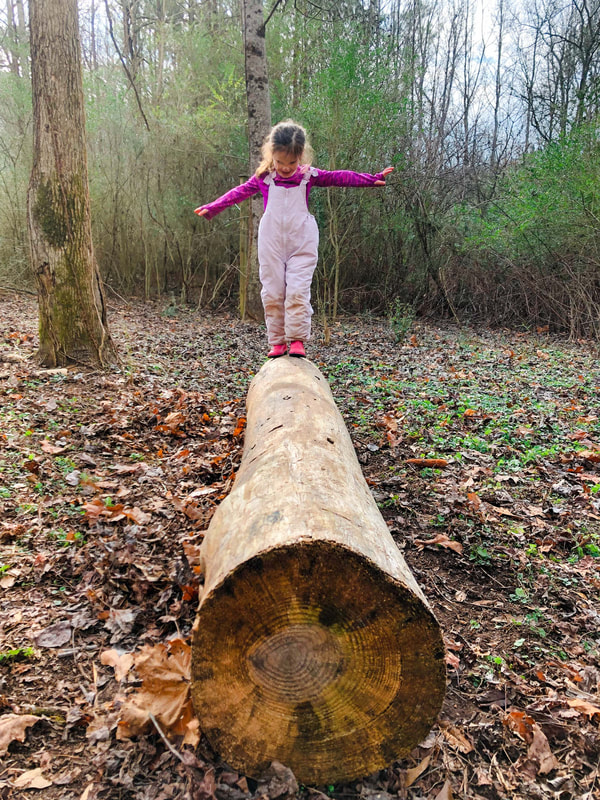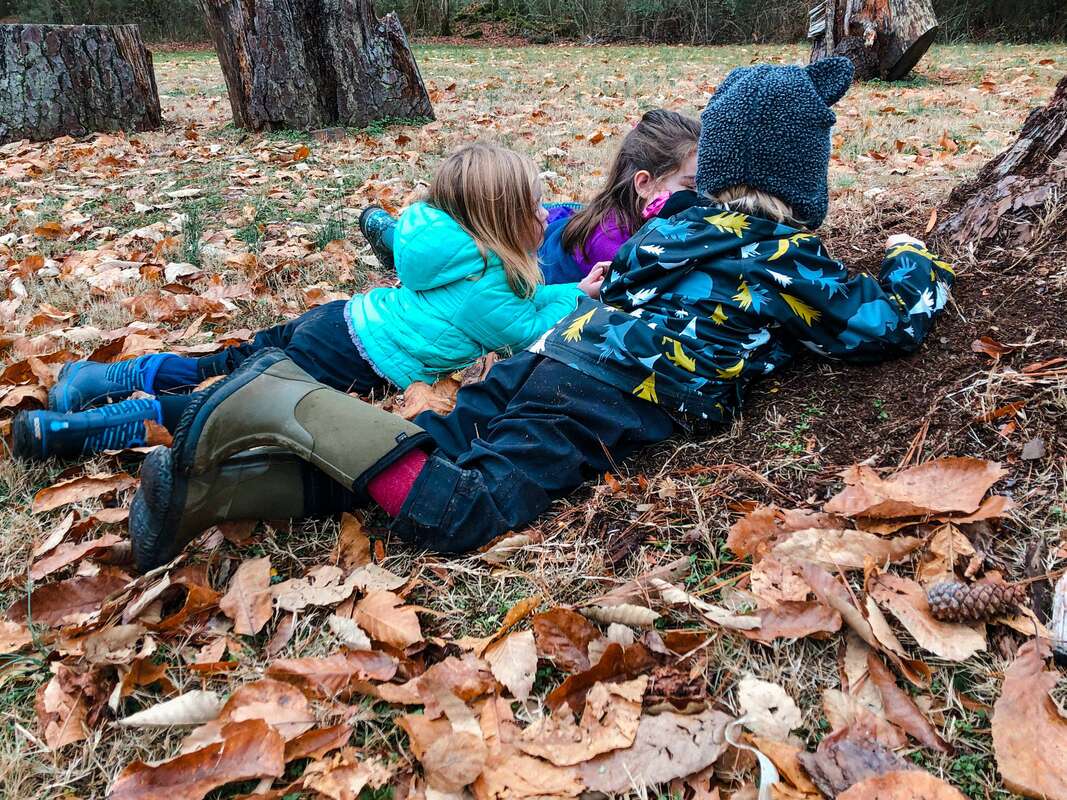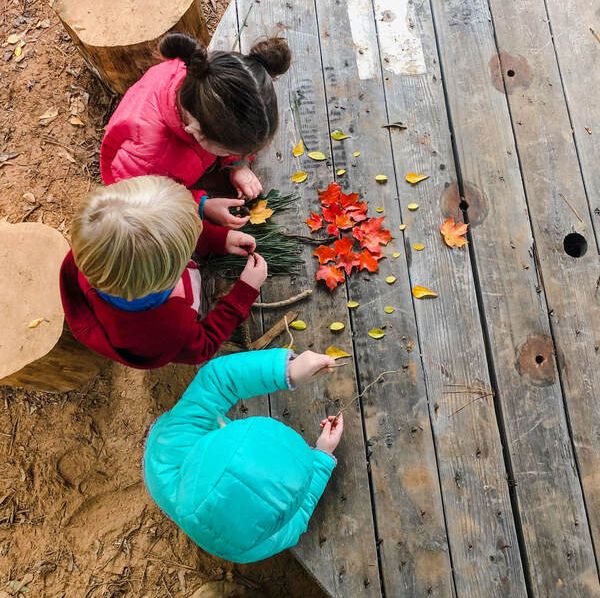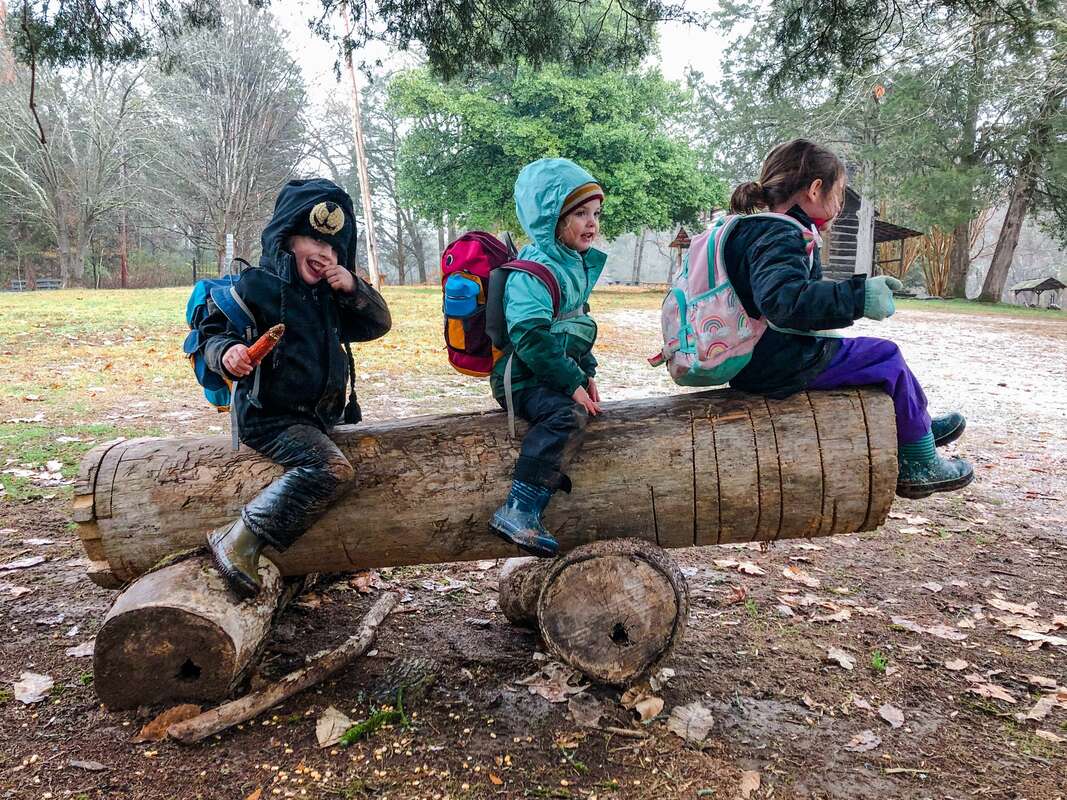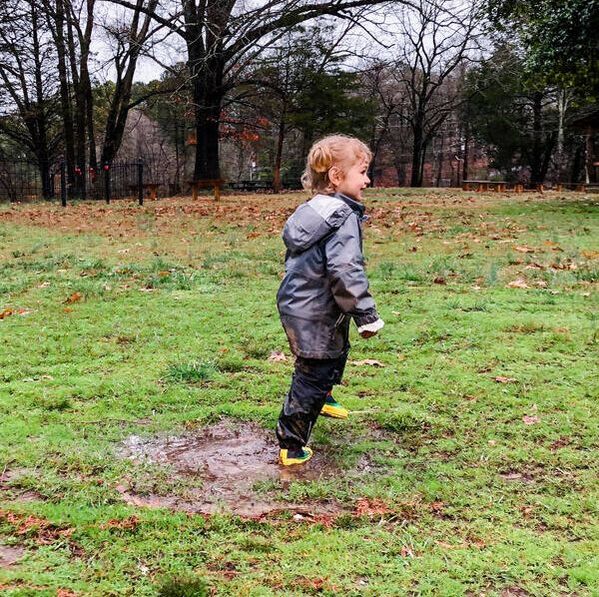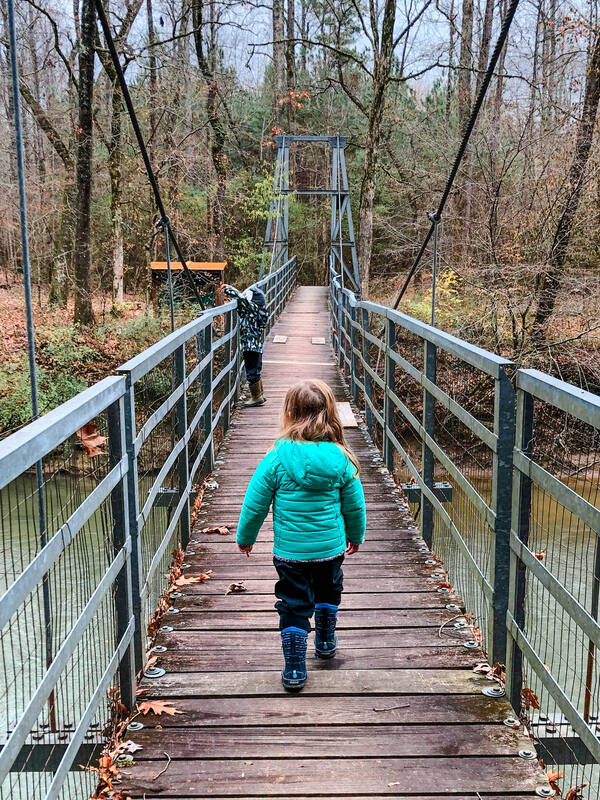Forest Preschool/PreKindergarten and Kindergarten-Second Grade
at Audubon Acres
|
ENROLLMENT FOR THE 2023-2024 SCHOOL YEAR IS NOW OPEN.
Click below to view open house dates and admission information. |
The Chattanooga Audubon Society has partnered with Wauhatchie School to offer a forest preschool program at Audubon Acres since 2019. Preschoolers and K-2nd (ages 3-8) spend their days entirely outdoors where they explore, learn, discover, and play through immersive, place-based experiences right here at Audubon Acres.
What is Forest School?
Forest School is play-based and allows children to develop their skills and habits over time and at their own pace. Children learn naturally to be self-motivated, cooperative, respectful, grateful, and aware of their impact on the earth. Children experience outdoor adventures in all weather conditions. The Forest School is made as safe as is reasonably possible, in order to facilitate children’s risk-taking. It provides a complete immersion in nature helping to build a child’s sense of place in the world.
Research strongly supports the idea that young children, particularly ages 2-6, learn best through direct experiences with the world around them. Being outdoors provides them with not only fresh air, but it also encourages imaginative play, creativity, hand-eye coordination and balance, physical strength and mental clarity. By tapping into their innate sense of wonder about nature, we can help children learn basic environmental and natural science principles, as well as respect for all living beings. Lessons flow organically from the natural rhythms of the seasons and from the children’s daily discoveries. There are no set lesson plans: each day is shaped by the animals, insects, birds, amphibians, weather and foraging that is encountered, providing spontaneous teachable moments.
Research strongly supports the idea that young children, particularly ages 2-6, learn best through direct experiences with the world around them. Being outdoors provides them with not only fresh air, but it also encourages imaginative play, creativity, hand-eye coordination and balance, physical strength and mental clarity. By tapping into their innate sense of wonder about nature, we can help children learn basic environmental and natural science principles, as well as respect for all living beings. Lessons flow organically from the natural rhythms of the seasons and from the children’s daily discoveries. There are no set lesson plans: each day is shaped by the animals, insects, birds, amphibians, weather and foraging that is encountered, providing spontaneous teachable moments.
Want to see more photos of our forest schoolers in action? Follow along on Instagram with the hashtag #WauhatchieWednesday! Each week, we share a photo of what our forest schoolers are up to, along with some information about what the program is all about.

